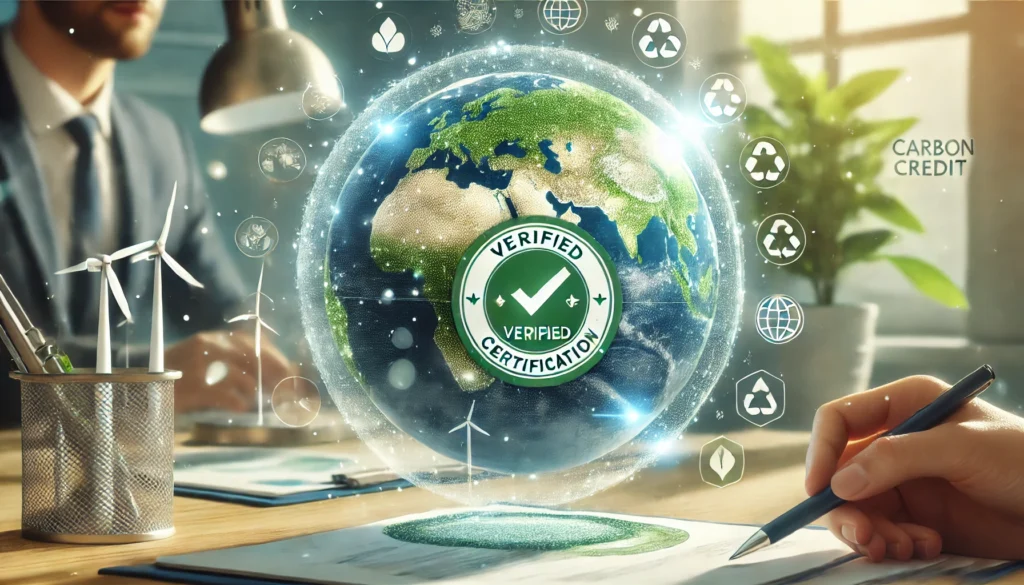The carbon credits market is a crucial tool in the fight against climate change, providing a means to offset greenhouse gas (GHG) emissions and promote sustainable development. In this context, non-governmental organizations (NGOs) play an essential role by driving projects that capture and avoid CO₂ emissions, especially in areas where immediate profit is not the main goal, but rather social and environmental impact. With the growing global awareness of environmental issues, understanding how NGOs contribute and stand out in this market can help us support and invest in projects with significant positive impacts.
In-depth Research and Analysis
The carbon credits market is primarily divided into two sectors: the regulated market, where companies must acquire credits to meet mandatory goals, and the voluntary market, where individuals and companies purchase credits on their own initiative to offset their carbon footprints. NGOs are particularly prominent in the voluntary market, as many of their projects are designed to address environmental and social needs that are not always covered by the private sector.
Legislation and Regulations
The work of NGOs in the carbon market is governed by local and international regulations that ensure the credibility and real impact of the credits generated. Some key regulatory frameworks include:
- Kyoto Protocol and Paris Agreement: Both established guidelines for GHG reduction and created systems for carbon credit issuance.
- Clean Development Mechanism (CDM): Part of the Kyoto Protocol, this mechanism encourages developed countries to fund projects in developing countries.
Key Challenges and Solutions
NGOs face several obstacles, such as fundraising and environmental impact measurement, which require innovative solutions:
- Fundraising: Many NGOs rely on donations and partnerships to fund carbon projects, particularly when operating in vulnerable areas.
- Impact Measurement and Transparency: Measuring the effectiveness of carbon projects can be challenging, but with remote monitoring technologies and third-party audits, NGOs can demonstrate the legitimacy of their projects.
Features and Functions
NGOs engage in various activities to generate carbon credits and protect the environment. Below are some of the most common projects:
- Reforestation and Forest Conservation: These projects aim to protect and restore forest areas, promoting CO₂ absorption. Actions such as planting native trees, preserving biodiversity, and creating ecological corridors are essential to maintain ecosystem health.
- Renewable Energy: Many NGOs promote solar, wind, or hydroelectric energy projects, especially in regions where access to electricity is limited. These projects help reduce dependence on fossil fuels and, at the same time, generate carbon credits.
- Energy Efficiency and Sustainable Agriculture: Improving the energy efficiency of homes and facilities, along with sustainable agricultural practices, contributes to reducing carbon emissions and benefits local communities by lowering costs and promoting sustainable development.
Comparisons and Guides
NGOs have a different approach from the private sector in the carbon market. While the private sector may pursue carbon credits as a business strategy, NGOs focus on environmental and social impact.
How to Support NGO Projects in the Carbon Credits Market
For those interested in supporting NGO initiatives, here are some tips to ensure your support will be effective:
- Research and Verification: When choosing an NGO, look for organizations that are transparent about their impact and project verification.
- Partnerships and Certification: Opt for NGOs with international certifications from organizations like the VCS (Verified Carbon Standard) or Gold Standard, which ensure the credibility of carbon credits.
- Transparency and Reporting: Evaluate NGOs that provide annual impact reports and openly share their success metrics.
Conclusion
The work of NGOs in the carbon credits market goes beyond simple emissions offsetting. These organizations promote projects with a profound impact, benefiting the environment and local communities. Additionally, they are essential in raising environmental awareness and education, encouraging sustainable engagement at all levels of society.


